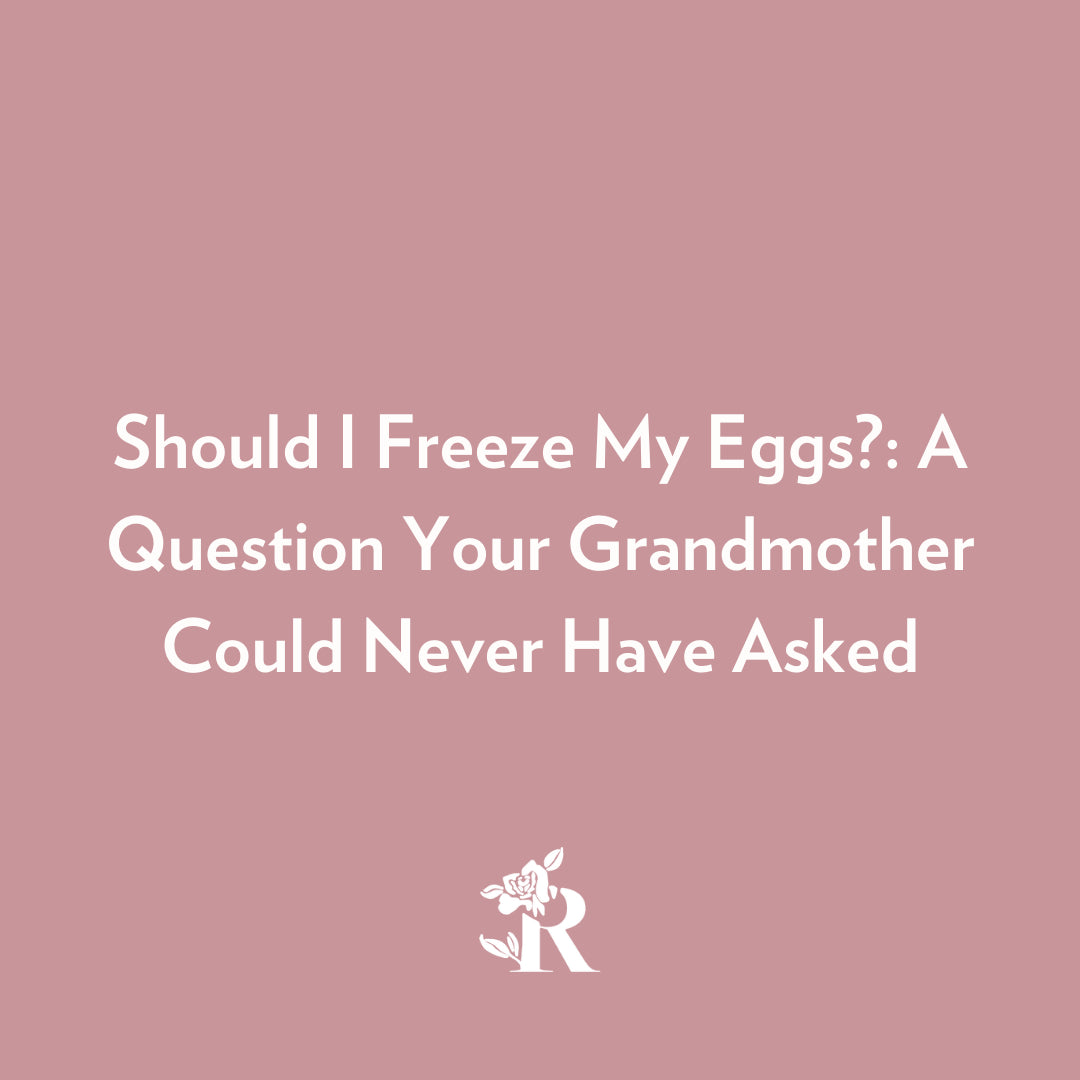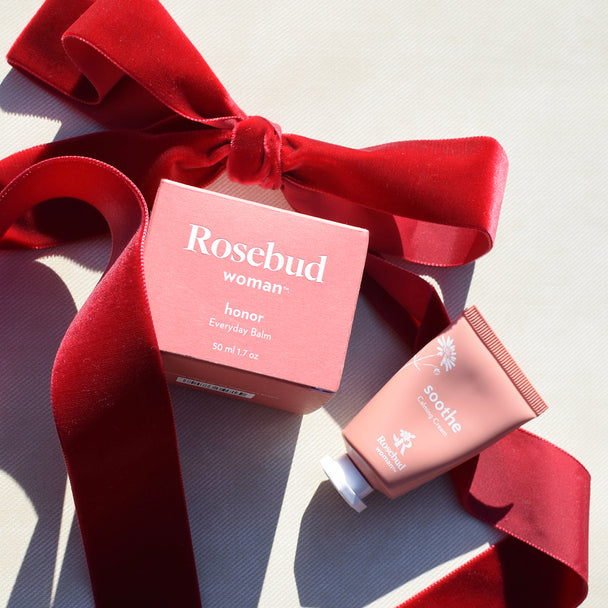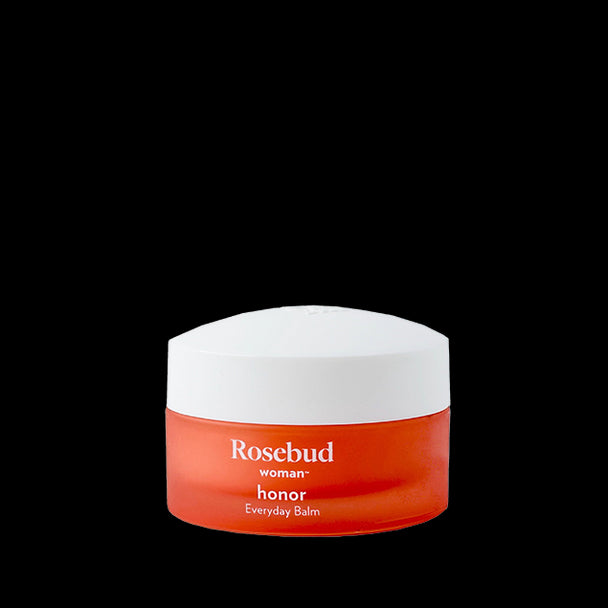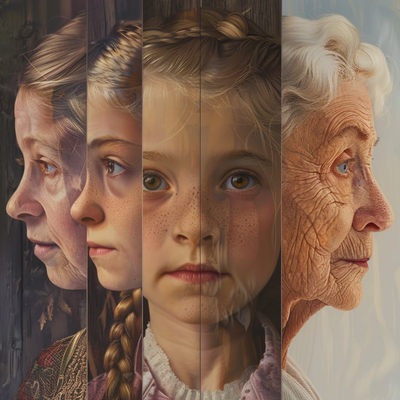Should I Freeze My Eggs?: A Question Your Grandmother Could Never Have Asked
As technology and culture continue to evolve, women are having children later in life. In developed European countries, Australia, Japan and in U.S. cities, the average age of a woman's first birth is 31 years old. In rural areas and lower socioeconomic groups in the US, it's 21. The overall average in the United States has gone from having a first babe at 21 in 1972, to 26 in 2016. In 2019, more than 100,000 women in the US over 40 gave birth. Financial, educational and career concerns all contribute to this choice. Also, it's known that the quality of a woman's eggs decreases with age and that it's harder to get pregnant the older you get. For these reasons, freezing your eggs has become more common. An estimated 20,000 women froze their eggs this year, with 25% annual increases predicted, especially now that a slew of Fortune 500 companies are including it in their employee benefits. So what is this about? Jeff Greenwald lays it out in this article below. This is part of our Nine Lives of Women Series, exploring choices and concerns of women in different cycles of their life.
*****
Among the many family planning choices available to women in developed countries, oocyte cryopreservation — freezing a fertile woman’s eggs — is one of the most liberating. Though the preserving male sperm has been available since the early 1950s, the first successful childbirth from a frozen, thawed, and inseminated human egg (i.e., oocyte) didn’t occur until 1986. This relatively recent breakthrough is revolutionary; it allows women to flash-freeze their reproductive health at its peak, and choose fertilization when the time is right.
The prospect of a full-term pregnancy for women who opt to freeze their eggs has improved dramatically since that first birth in 1986. According to the Fertility and Reproductive Health Center at UCLA, “oocyte cryopreservation has advanced greatly over the past few years, with improved the overall success of eggs surviving the freezing process.”
What this means is that women of reproductive age can now delay child-bearing for a wide spectrum of reasons. These might include career considerations, gender fluidity, giving themselves time to find a long-term partner, or a simple desire to have a child later in life. For other women, the choice is more urgent. Serious medical conditions—requiring surgery, chemo, or radiation—can be powerful incentives to preserve childbearing capacity, even after the reproductive system has been badly compromised.
The initial steps of egg-freezing are nearly identical to the procedure used with IVF (In Vitro Fertilization). First, various tests are done to see how plentiful the woman’s eggs might be. (Though women are born with more than half a million eggs, their numbers diminish steadily – at the rate of about 1,000 per month, starting at birth!) Based on the results of these tests, the ovaries are then stimulated with injected hormones, which cause the eggs to be released. The oocytes are then retrieved through the vagina, and instantly flash-frozen and stored. This is done using liquid nitrogen, at about 340º F below zero.
The freezing happens so fast that ice crystals can’t form; the eggs is perfectly preserved, without any impurities. When the time is right, the frozen eggs will be warmed, and assessed; those that are healthy will be injected with sperm. If the sperm “take,” the fertilized egg can usually be implanted in the uterus (of the mother, or a surrogate) less than a week after fertilization.
Although the process isn’t dangerous per se, it can have a strong emotional impact on some women. A good support network is important. Know in advance that anxiety, depression, and mood swings caused by the prep – which includes daily injections of hormones – can occur. On top of this, according to a 2018 article in Healthline, some women “may feel devastated if their doctor doesn’t retrieve a certain number of eggs, making them feel as if their bodies have failed them.” There are physical risks as well, ranging from fungal infections to enlarged ovaries and abdominal swelling caused by ovarian hyperstimulation syndrome (OHSS).
Another factor to consider is cost. Though estimates vary, a woman might spend as much as $20,000 for a single cycle of egg retrieval, and up to twice that if a second egg aspiration is needed. And while some insurance companies cover the cost of IVF, egg freezing is almost always an out-of-pocket expense. There are exceptions—a number of tech companies, including Apple, Google, Intel, and Facebook, now pay for career-minded female employees to freeze their eggs.
Assuming a woman does choose to go ahead, there are a number of factors that play into the success of oocyte cryopreservation. Needless to say, the age of the woman in question is key—as is the number of eggs harvested (10 – 20 is ideal). The time delay after freezing doesn’t seem to be an issue, although the only data we have so far is for eggs frozen for up to four years. But the age of a woman who decides to go ahead with fertilization is critical. All of the complications associated with late-life pregnancy still apply. You can’t wait too long; many clinics have an upper age limit. (At the UCLA fertility center quoted above, for example, the age limit is 50.)
Even if you follow all the rules, and despite advances in egg freezing, a successful outcome is not guaranteed. A 2019 study of London fertility clinics, conducted by The Conversation, found that only about one in five women who attempt to give birth with their frozen eggs will become a mother. Other studies have produced even lower numbers. But statistics are limited, because few women who freeze their eggs actually use them—opting later for natural conception. Dr. Zaher Merhi, quoted in the New York Times, says, “It’s easy to freeze eggs, but it’s harder to thaw these eggs, add sperm, make embryos and get someone pregnant.”
Other questions arise around this procedure, some of them difficult to answer. We all know that frozen food never really tastes as good as food that’s freshly prepared. What about cryopreserved eggs? Are they as good as eggs that haven’t been removed from a woman’s body? Would such a baby somehow be “better” or “worse” than a baby born from the same egg, had it not been frozen? As there’s no control egg to compare with, it’s impossible to say.
One thing we do know for sure is that a woman’s own eggs deteriorate over time, becoming much less viable as she enters her late 30s and 40s. And though—as the Pacific Fertility Center advises—“there is no way to guarantee or know what the outcomes will be at the time of thawing the eggs,” an embryo successfully created from an oocyte preserved when a woman is 25 will certainly have better prospects than a child naturally conceived by the same woman at 45.
As all women know, childbearing can be a gamble. Freezing your eggs for future motherhood is a safe, and very often effective, way to stack the odds in your favor.
Web-based Sources:
UCLA Fertility and Reproductive Health Center














